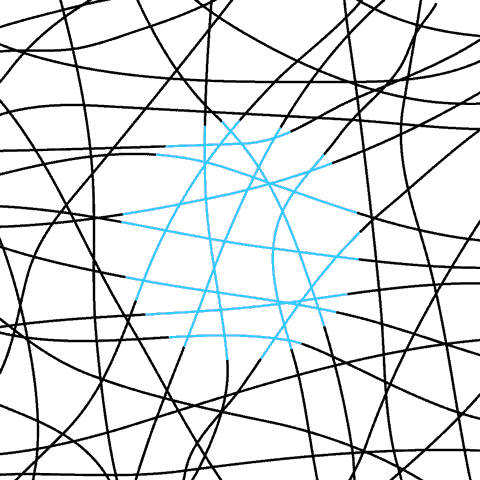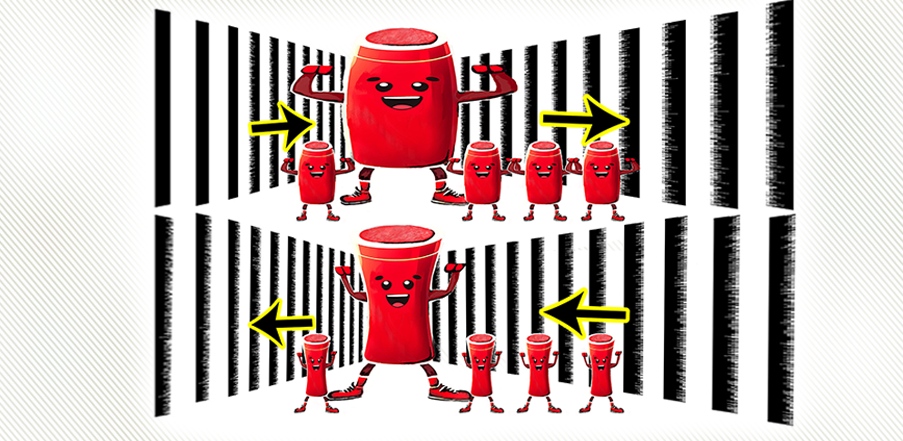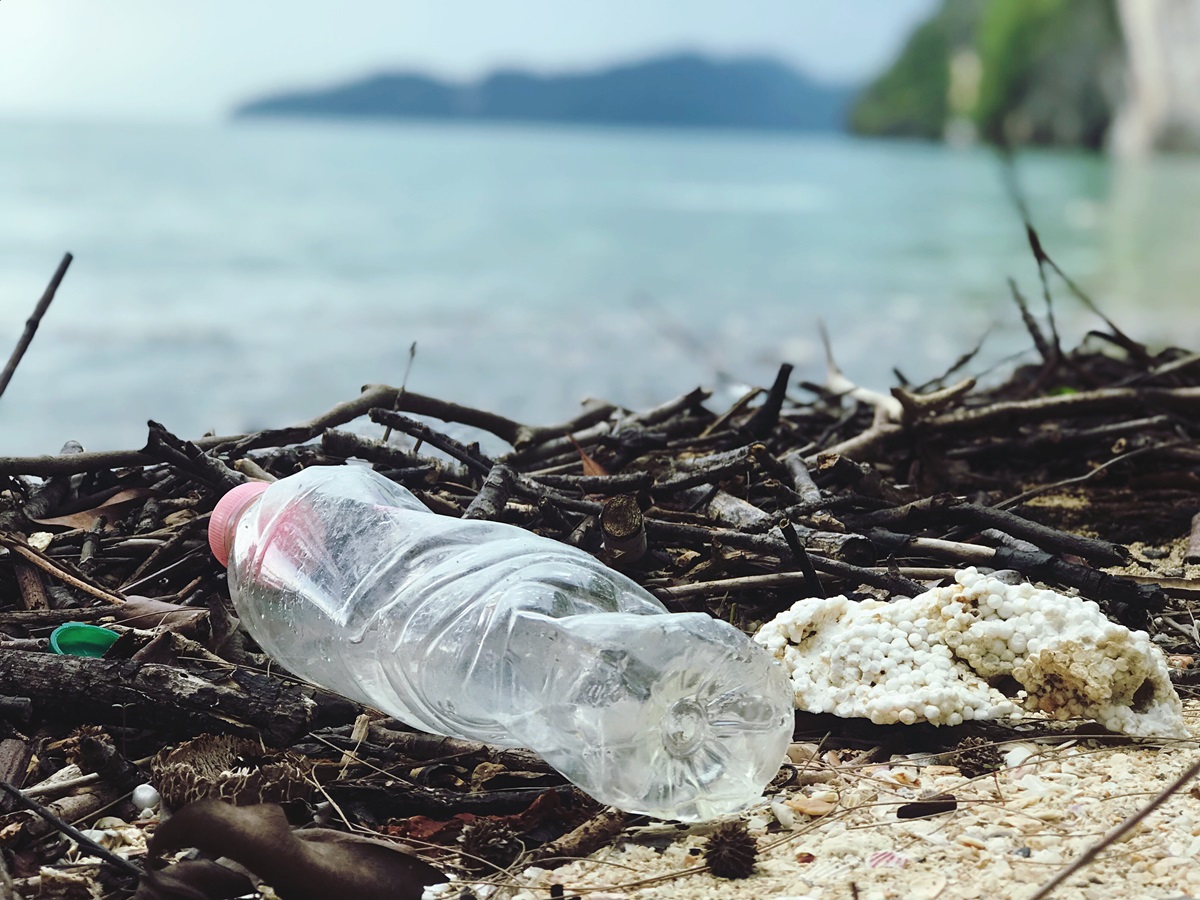Sleep experts are warning the aftermath of Australia’s Black Summer has left many with troubling sleep problems as they struggle to deal with unresolved stress and anxiety.
Getting good sleep is critical to support emotional stability and future planning during the recovery phase of the nation’s deadly bush fire season, say specialists with Australia’s leading sleep advocate, the Sleep Health Foundation.
“But with homes and communities impacted, significant numbers of people are struggling to maintain good sleep health with ever changing conditions and stresses,” says Dr Moira Junge, a sleep specialist with the foundation. “On top of that, many families cannot access adequate accommodation, further disrupting healthy sleep practices and heightening stress further.”
The experts are using World Sleep Day, Friday March 13, to draw attention to the impact of traumatic events on sleep. “Unfortunately, there is a snowball effect at play,” explains Dr Junge. “In times of recovery from traumatic events sleep is vital to refresh and calm the body and mind, leaving you energised to cope in the new day. But the anxiety that often goes hand-in-hand with trauma leaves a person in an ongoing ‘hyper-aroused’ state.
“We can’t get good quality sleep if our body is ready to fight or flee when we go to bed. Sleep deprivation makes everyone react more emotionally to events.”
Those who previously slept well may now find their mind chattering with worries, or worse still catastrophising future events as they try to problem solve their way through the housing or financial challenges they face, or flashbacks of the natural disaster, Dr Junge says.
The foundation has advice for those struggling to ‘turn off’ at night. “Instead of your mind ‘chattering’ with worries, tell yourself that you have planned everything you possibly can and problem-solving during the night is unhelpful,” Dr Junge says. “Sleep is not the time to plan things – in fact that rational part of our brain is not very active during sleep, drowsiness or with sleep deprivation. If we are hyper-aroused and trying to sleep the parts of our brain that deal with emotions are active and it is easy to catastrophise about possible future events.”
Understanding the links between sleep and mental health, including depression, anxiety and stress are also vital in the recovery phase of disasters, Dr Junge says.
World Sleep Day highlights the importance of sleep as one of the three pillars of good health along with exercise and nutrition. Failing to get enough impacts on daily functioning, exacerbates health conditions from heart disease and stroke through to diabetes and depression, and it claims lives on our roads and in our workplaces.
“Our call to action is to encourage anyone affected by the recent bushfire crisis who is not sleeping well, experiencing mood swings, depression, anxiety or stress to speak to family members and friends and seek advice from your doctor,” Dr Junge says.








